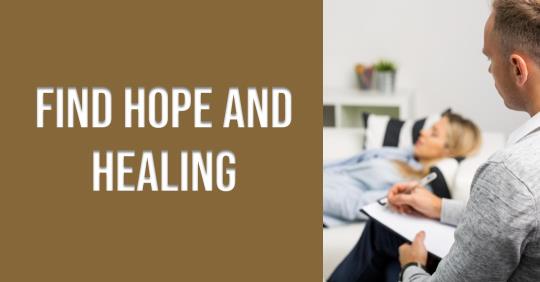Joining a support group allows people to share their personal stories around addiction and their journey to recovery. These groups can offer social support and a unique kind of understanding that may be hard to find from family and friends.
Support groups provide a sense of friendship to help a person develop coping skills, give motivation, and help improve mental health. This sense of community can help when the hard times hit but also celebrate the wins, big or small.
Finding Your Support Network
Support groups are meant to provide advice, inspiration and a sense of community. Although support groups are a key part in the recovery process, they are not a replacement for treatment. The main aim is to give peer support as people share their victories and find someone to lean on during those tough times.
Each program is unique to fit the specific needs of each person.
Although it seems like a lot of work, we recommend trying out a few groups to see if one may be a better fit for you than the others.. Let’s explore the programs you may want to consider as you look for the best support group for you.
12-Step Programs
Typically, 12-step support groups, such as Alcoholics Anonymous (AA) or Narcotics Anonymous (NA), are available throughout the U.S. and many other parts of the world. This program is known for its famous ‘12 Steps’, which allows people to come to terms with their addiction and find a ‘higher power’ to recover successfully.
How it Works
Most 12-step programs define recovery as someone who has completely stopped using drugs or alcohol permanently. With this, 12-step groups like to count the number of days since the last time someone used the substance of their choice.
In the beginning, most people are encouraged to aim for “90 meetings in 90 days”, these daily meetings are designed to be the foundation of someone joining the society and staying sober.
Finding A Meeting
There tend to be two types of meetings, either ‘open,’ which are meetings anyone can join, such as family or friends of the person working on their recovery. Then there are ‘closed’ meetings, which are only for those who suffer from addiction problems.
Finding local meetings can be done online, at Alcoholics Anonymous (AA) or Narcotics Anonymous (NA). Use your zip code, and you’ll be able to find a meeting right away.
Newcomers are highly encouraged to find a “sponsor,” either temporary or ongoing, depending on if the relationship is a good fit. Sponsors are members of the support group who are typically more knowledgeable about how the 12-step program works and are further on their 12-step process.
Support for Caregivers
Whether you are a parent, sibling or close friend, there are support groups for you too. Support groups such as Families Anonymous, Al-Anon and Nar-Anon are all intended explicitly for the loved ones who are recovering addicts.
Other 12-Step Programs
The 12-step program known as Dual Recovery Anonymous was designed to help those with co-occurring mental health issues and cover drug or alcohol dependence.
Self-Management and Recovery Training (SMART Recovery)
Programs that are rooted in religion may not be for everyone. Other options don’t have a spiritual element but focus on changing your way of thinking. The SMART Recovery program was designed to help those working on their recovery focus on how their thought patterns can affect their behaviors.
There is a strong emphasis on self-empowerment and reliance through education and peer-led support group meetings. Members are encouraged to ‘cross-talk,’ which means that each person should address another’s comments while the meeting is in session.
Unlike 12-step programs, which use spirituality to guide their practices, most SMART Recovery programs can legally use prescription psychiatric and addiction medications, including Suboxone and Methadone. To learn more aboutSMART Recovery meeting, click here.
If you’re the loved one of an addict, check out SMART Recovery’s Family & Friends meetings.
Moderation Management (MM)
Moderation Management (MM) is focused only on people who are recovering from alcohol and are of legal drinking age. These MM programs help individuals to drink more moderately and to manage how much alcohol they do consume.
All MM programs are focused on educating members about alcohol and help with creating goals and management strategies for alcohol consumption. Most MM programs recommend that members abstain from alcohol for a minimum of 30 days before they enter the MM program.
Aspen can Help
Taking the first step into treatment for drugs or alcohol dependence can be scary if done alone. Let our team of medical professionals and recovery experts guide you as you learn how to handle the stressors of a sober life.
Our team is ready to help you every step of your road to recovery and to help change your life for the better. Contact the Aspen Behavioral Group to learn how we can help.



